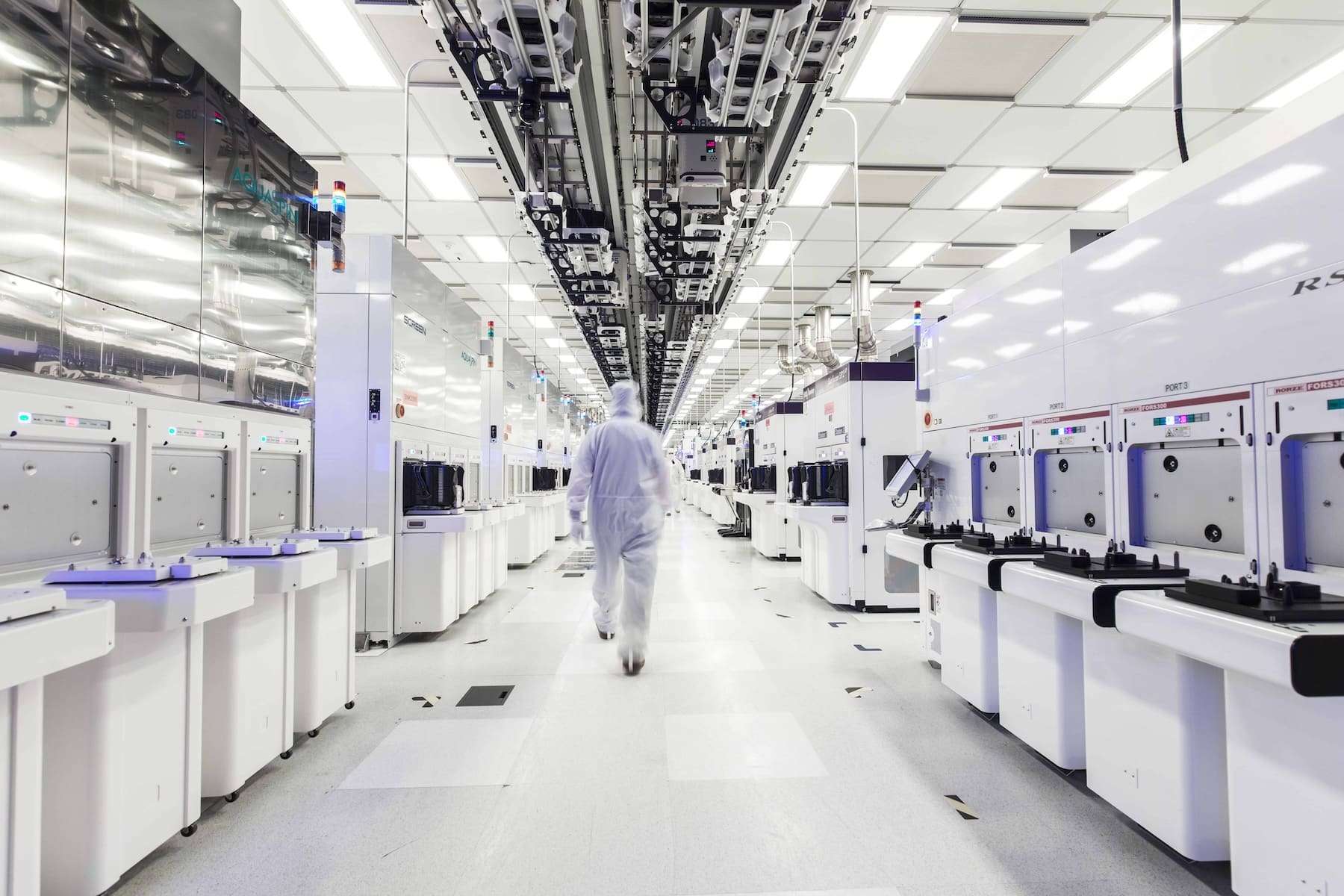GlobalFoundries (GF) has announced a €1.1 billion investment plan to expand its manufacturing capacity in Dresden as part of the SPRINT project, aiming to exceed one million wafers annually by the end of 2028 and solidify the largest of its kind in Europe. The initiative is expected to receive support from the federal government and the state of Saxony within the framework of the European Chips Act, with EU approval anticipated for this year.
The expansion will incorporate 100% European processes and data flows to meet critical security requirements and reinforce the continental supply chain’s strategic autonomy.
Focus on differentiated technologies and “physical AI”
GF will channel the new capacity into distinct nodes and processes —low power consumption, secure embedded memory, and wireless connectivity— targeting automotive, IoT, defense, and critical infrastructures. The company emphasizes that these semiconductors are essential for “physical AI” (robots, devices, and systems that perceive, decide, and act) and that the investment will drive next-generation computing architectures and quantum technologies as they scale in the coming decade.
Tim Breen, CEO of GlobalFoundries: “Recent disruptions in automotive have demonstrated the vulnerability of global supply chains. Scaling in Dresden is key to ensuring supply to Europe with differentiated technology.”
Political and industrial message: sovereignty and Silicon Saxony
During an official visit on October 28, Chancellor Friedrich Merz described SPRINT as an industrial commitment to Germany and Europe, framing it within the context of the national microelectronics strategy. Similarly, Saxony’s Minister-President, Michael Kretschmer, celebrated the “billion-euro” announcement, which strengthens Silicon Saxony and its dynamism as Europe’s leading microelectronics cluster.
From the plant, Dr. Manfred Horstmann (SVP and head of European factories) highlighted that expanding cleanroom space not only addresses demand but also “fortifies the European industrial fabric” through local access to key technologies.
Value chain: ecosystem support
The announcement is backed by major clients and industry partners:
- AUMOVIO (automotive): views the expansion as a resilience lever for the European chain amid the transition to connected and autonomous mobility.
- Bosch: emphasizes that GF’s security, performance, and connectivity are critical for next-generation solutions.
- Infineon: believes the move strengthens the ecosystem and resilience for its customers across Europe.
- NXP: frames the expansion as a strategic step toward differentiated deliveries in automotive and industrial/IoT sectors.
- Siemens: highlights that semiconductors are the “bridge” between the physical and digital worlds and that the investment accelerates competitiveness.
- SpiNNcloud (neuromorphic, based in Dresden): aims to accelerate the commercialization of brain-inspired hardware thanks to its proximity and expanded capacity.
Key points of the SPRINT project
- Investment: €1.1 billion.
- Capacity: > 1 million wafers/year by late 2028.
- Supports: Federal government and Saxony (Chips Act), EU approval pending.
- Security: end-to-end European processes and data for critical needs.
- Markets: automotive, IoT, defense, infrastructure, and physical AI.
- History: GF has invested over €10 billion in Dresden since 2009; part of the “Made for Germany” program.
Why it matters
- Resilience: reduces outside-European dependencies on strategic chips and mitigates bottlenecks like those experienced in automotive.
- Technological sovereignty: European processes and data strengthen compliance and trust in sensitive applications.
- Competitiveness: adds scale to Silicon Saxony, a hub of qualified employment and innovation in the region.
- Next-generation computing wave: serves as an industrial anchor for physical AI, emerging architectures, and quantum technologies from Europe.
With SPRINT, GlobalFoundries deepens its commitment to Germany and the EU and raises the bar for capacity and security at a time when chips and geopolitics are two sides of the same coin. The European path to semiconductor independence continues, with Dresden as a central stage.
via: gf

